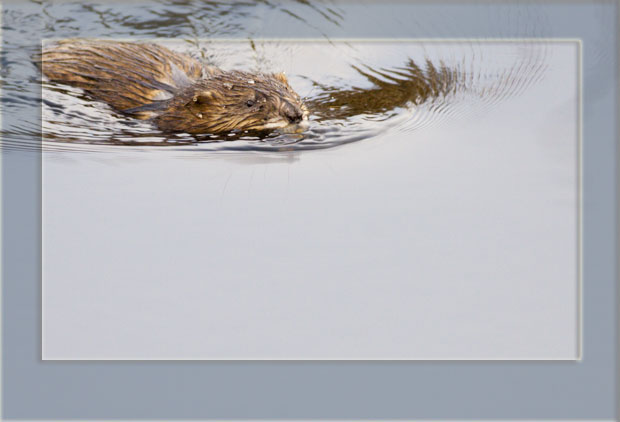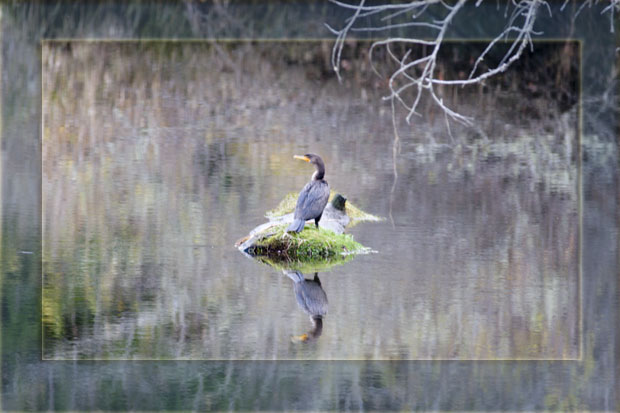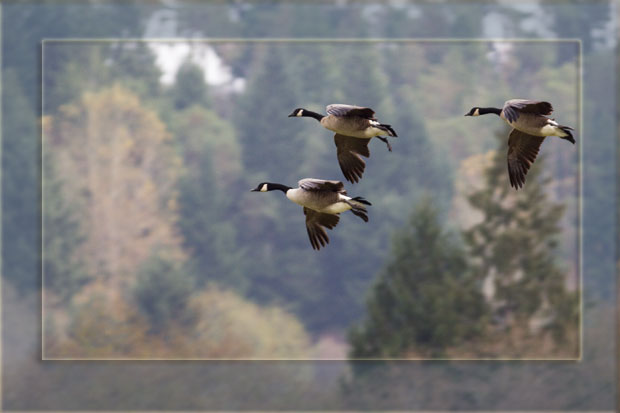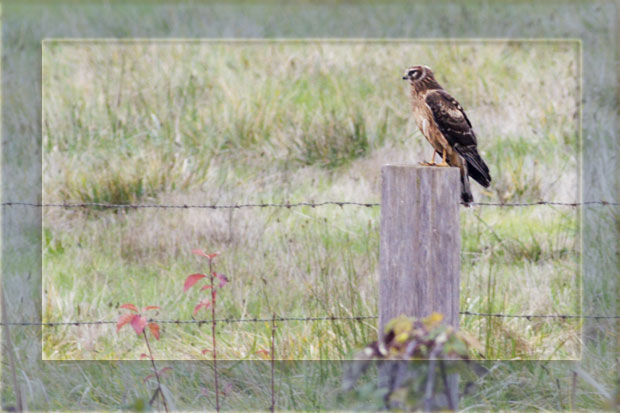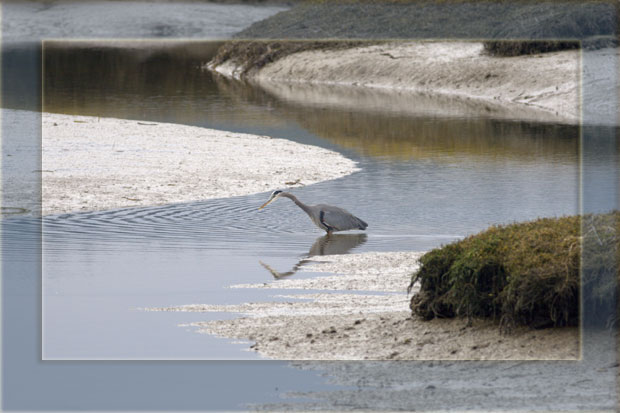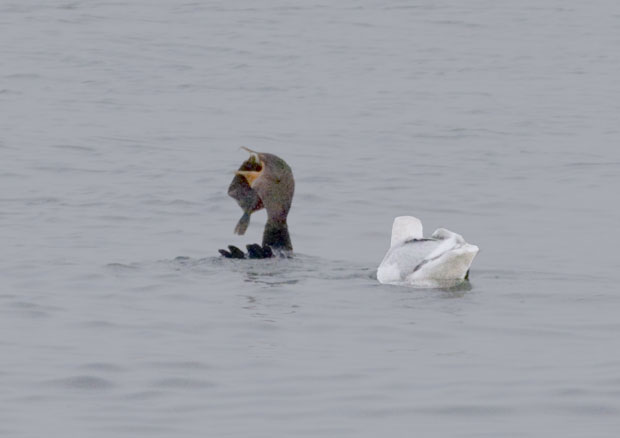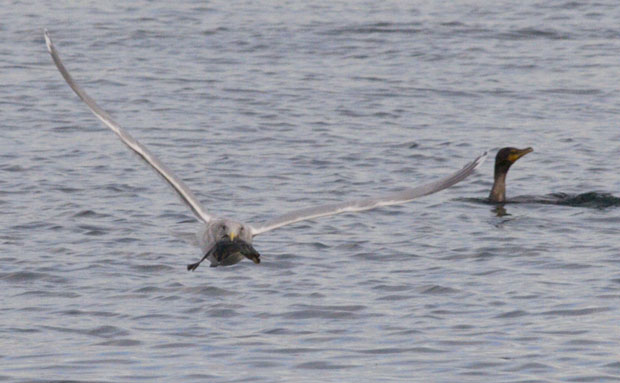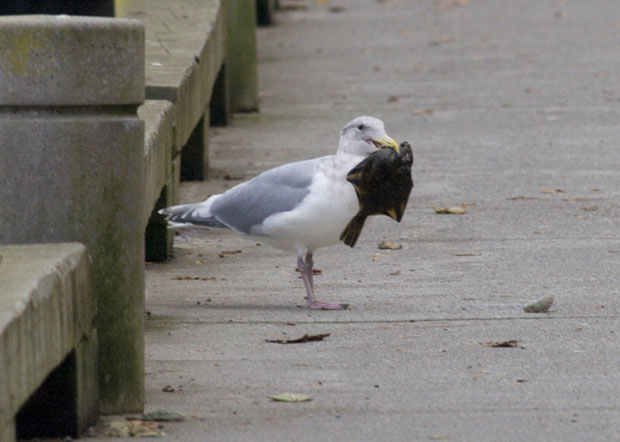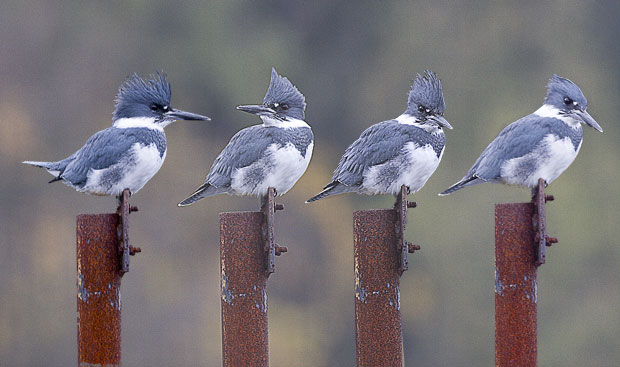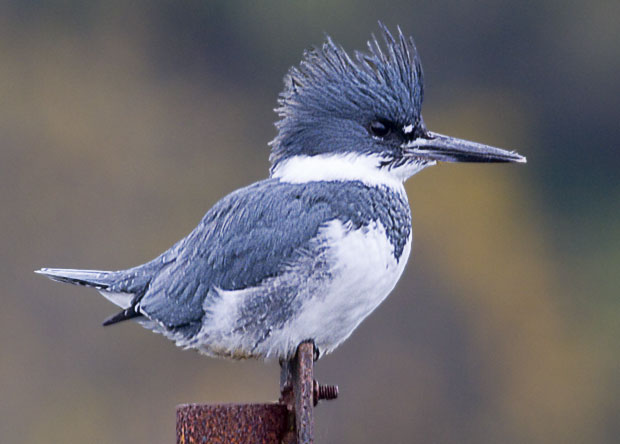Though there are barely 75 poems in the sections entitled “The Nineties�? and “New Poems�? in Kizer’s Cool, Calm & Collected, there are nearly as many poems here that I enjoyed as in the rest of the collection, though I must admit I also favored the earliest section.
Perhaps it’s merely that being ten years older than me, Kizer has anticipated many of the questions that life has forced me to consider as more than theoretical questions. Perhaps her poetry has become less obscure, simpler, more direct, a style I increasingly admire. Maybe, like Kunitz, as she has aged she has gained a new perspective on life that I find appealing.
Though “Medicine II�? isn’t typical of this section, it does seem typical in its straightforwardness:
MEDICINE II
When the nurses, interns, doctors, came running full tilt down the hall,
Dragging the crash-cart with shrieking wheels and flagless IV pole,
And that squat box, the defibrillator, made to jolt the heart;
Then we next-of-kin, pasted against the walls, ran after them
To your room, Mother-in-Law, where they hammered hard on your chest,
Forcing you back to life in which you had no further interest.
For the third time they pressed like lovers on your frail bones
To restart the beat. They cheered! Marked you alive on your chart,
Then left you, cold, incontinent, forlorn.
When the man loved by you and me appealed to your doctor
To know why you couldn’t have your way and be let go,
He said, “I couldn’t just stand there and watch her die.�?
Later, when it was over, we spoke to a physician
Grown gray and wise with experience, our warm friend,
But ice when he considers the rigors of his profession,
And repeated to him your young death doctor’s reply,
We heard the stern verdict no lesser person could question:
But that was his job: to just stand there and watch her die.
Perhaps you have to have endured the death of a parent to fully appreciate this poem, but reading it pulled at all those emotional strings that resonate with the death of a loved one.
Of course, it doesn’t hurt that in the end the poem draws the same conclusions about life and death I have drawn. In other words, it confirms my own prejudices, an important trait in any poem, whether we admit it or not.
My favorite lines in the poem are “They cheered! Marked you alive on your chart,/Then left you, cold, incontinent, forlorn.�? Of course, being “marked�? alive is not the same as being alive, now is it? And probably not much to cheer about. Though we don’t want to admit it, and I’m probably not quite ready to admit so myself, death is a natural part of life, as inevitable as the falling of leaves.�?
Of course, you’d be crazy not to want a doctor who considers Death the enemy and fights it for everything he’s worth. But even physicians, if they’ve “Grown gray and wise with experience,�? will realize that it is their job to just stand there and watch their patient die when it is finally time for that to happen.
Like this:
Like Loading...
